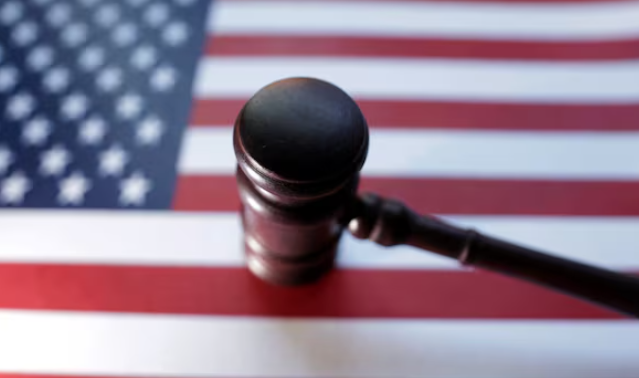A U.S. appeals court ruled on Friday that states cannot count mail-in ballots received after Election Day, siding with Republicans in a case that challenges Mississippi’s five-day grace period. The conservative three-judge panel from the New Orleans-based 5th U.S. Circuit Court of Appeals did not strike down Mississippi’s law, but it raised questions about mail-in voting practices in about 20 states. Many observers predict this voting-rights battle will escalate to the U.S. Supreme Court.
The judges did not mandate immediate changes to Mississippi’s procedures, leaving a lower court to determine the next steps. They emphasized the need to maintain the status quo ahead of the Nov. 5 election between Democratic Vice President Kamala Harris and Republican former President Donald Trump, which will also decide control of Congress.
Republicans generally express skepticism about mail-in ballots, with Trump frequently alleging, without evidence, that they lead to widespread fraud.
Republican National Committee Chairman Michael Whatley praised the court’s decision, stating, “This is a major win for election integrity, upholding the law and commonsense ballot safeguards.” Democratic Party representatives did not respond immediately to requests for comment. A spokesperson for Republican Mississippi Attorney General Lynn Fitch remarked, “We respect the court’s decision and look forward to further proceedings in the case.”
The ruling directly affects states under the 5th Circuit’s jurisdiction: Mississippi, Texas, and Louisiana. This decision marks a victory for the Republican National Committee, the Mississippi Republican Party, and two Republican voters who filed a lawsuit in January to challenge the state law enacted by the Republican-controlled legislature in 2020. The state’s Libertarian Party also filed a similar lawsuit.
U.S. Circuit Judge Andrew Oldham, appointed by Trump, wrote for the panel that federal law establishes a single day for congressional and presidential elections, preempting Mississippi’s law. “Federal law requires voters to take timely steps to vote by Election Day,” he wrote. “And federal law does not permit the state of Mississippi to extend the voting period by one day, five days, or 100 days.”
This decision comes amid ongoing disputes between Democrats and Republicans over election rules in numerous lawsuits across more than two dozen states, including those that will likely influence the next presidential election. Additionally, on Friday, a federal judge blocked Virginia’s attempt to remove individuals from voter rolls for not proving their citizenship, citing a federal prohibition against purging large numbers of voters within 90 days of an election. Republican Virginia Governor Glenn Youngkin announced that the state will appeal this ruling.

